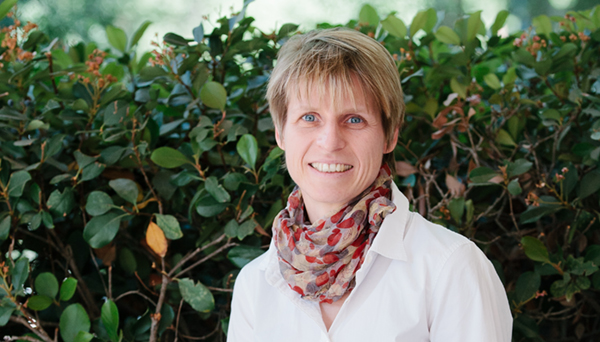Team Studies Monetary Impacts of Germany’s Environmental Health Burden
January 10, 2017
A consortium consisting of the German environmental think tank Ecologic Institute, consulting firm BiPro GmBH and Harvey Mudd College Professor Tanja Srebotnjak submitted a successful bid to the German Federal Environmental Agency (UBA) to study approaches for the monetary valuation of Germany’s environmental burden of disease.
The 28-months-long, € 221,000 project will examine different economic valuation methods, including valuations of a statistical life, a life year and the cost of illness and disability. The team will develop recommendations for UBA regarding the choice of method and potential additional methodological changes in order to meaningfully translate the estimated environmental burden of premature death and disability in Germany. Such methods can substantially shape healthcare decision-making, including with respect to allocating funding for prevention and treatment efforts as well as research prioritization and hence need to be robust and cognizant of underserved population groups and diseases.
Srebotnjak, Hixon Professor of Sustainable Environmental Design and director of the College’s Hixon Center for Sustainable Environmental Design, successfully led a predecessor project from 2012 to 2014 for the Federal Environmental Agency on measuring Germany’s environmental burden of disease. She will be a senior consultant and co-principal investigator on the new project, focusing on identifying appropriate valuation methods and their refinement for the German environmental and legal context.
Srebotnjak, a statistician with an interest in protecting the natural environment and in improving people’s health and well-being, expands Harvey Mudd student and faculty experiences in sustainability and promotes cutting-edge environmental science and design within the Claremont University Consortium. She works with the Harvey Mudd community and with external organizations on initiatives related to course development, student and faculty research and experiential learning.
Ecologic Institute, the project’s lead organization operating branches in Berlin, Brussels, and Washington D.C., conducts interdisciplinary and transdisciplinary environmental research. In its role as a private, independent organization, the institute prepares relevant sociopolitical and economic aspects of sustainability research and contributes new knowledge to environmental policy. Harvey Mudd’s Hixon Center and the Ecologic Institute are also working together to launch a student internship program for Harvey Mudd students during summer 2017.
BiPRO GmBH recently joined Ramboll, a leading international engineering, design, and consultancy company with 13,000 employees and 300 offices in 35 countries. Its subsidiary Ramboll Environ works to solve the most challenging environmental, health and social issues, create value for clients and support a sustainable society.
